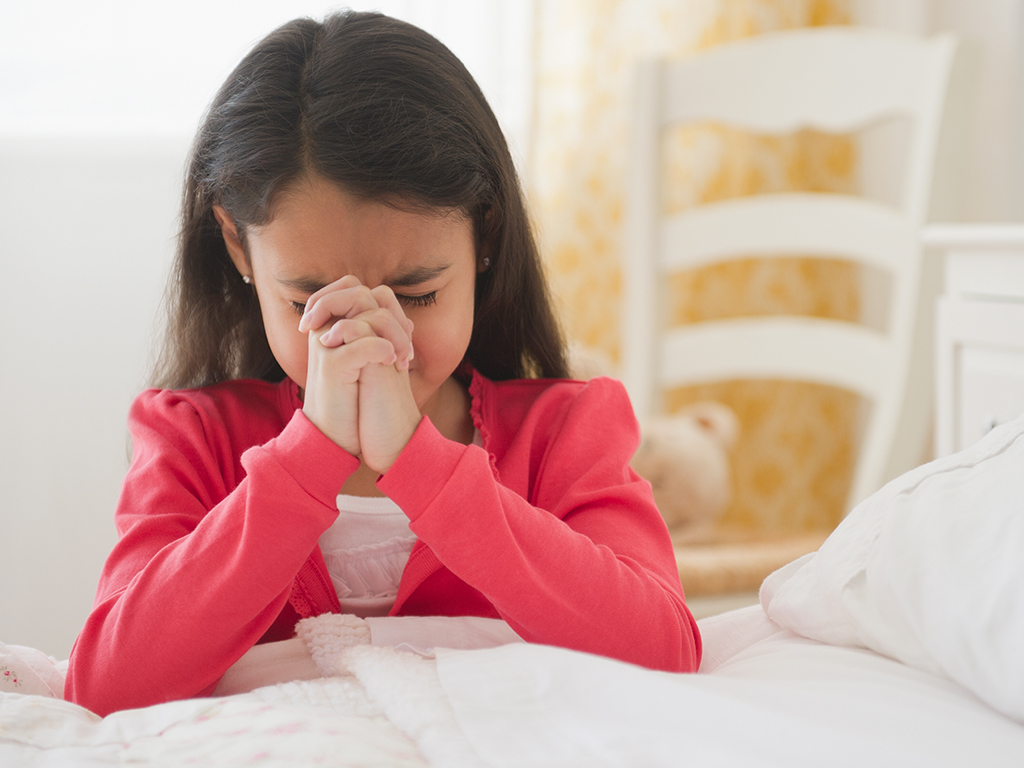Many places of worship across Nova Scotia are now using online platforms, such as Zoom or Facebook Live, to stream out prayers and worship services during the coronavirus crisis.

“Many of our parishioners are in the really vulnerable age group as identified by Public Health. So there may well be anxiety, so if their faith can be supported in the midst of this, it’s a good thing,” said Bishop Ron Cutler, head of the Anglicans in Nova Scotia and Prince Edward Island.
He said this is the first Sunday where some congregations will be using technology for virtual worship.
READ MORE: Nova Scotia declares public state of emergency, announces 7 new cases of COVID-19
“Now, virtual worship services, of course, don’t allow for the social interaction that an actual face-to-face gathering would permit. So it’s a second-best,” said Cutler.

But Rev. Kyle Wagner at Christ Church in Dartmouth is trying to make space for social interaction by having a group chat in addition to having services streamed through Facebook Live.
Wagner said on a typical Sunday, the church would have between 130 to 150 people attending, but in the last few weeks he has seen a 40 per cent decrease, so he sees a need for using technology.
READ MORE: HRM closes parks, trails and beaches as province declares state of emergency
“We are also doing it the old fashioned way. We have a phone call chain going where everybody in our parish is getting a phone call, seeing how we can support and help at this time,” said Wagner.
In having to shift to virtual worship, Cutler said there have been some challenges.
“I think there are a whole bunch of our people, including some of our clergy, who are not all that comfortable with this kind of technology, that are not used to producing some kind of a quality live stream experience,” he said.

Get breaking National news
“So some of his early efforts have looked pretty rough. So I think that’s an issue.”
Cutler also noted there might be an issue for some people to tap into virtual worship.
READ MORE: Nova Scotia announces 6 new coronavirus cases, shuts down dentist offices
“We have churches of 200 or more congregations, and some of these are very rural communities where internet capability is kind of limited. So that may pose a problem in some places.”
In the meantime, Cutler said the diocese will create a list of all the parishes planning to offer live or pre-recorderd streams, and post it on their official website.
As of Sunday, the Nova Scotia government declared a state of emergency and announced seven new cases, bringing the total of cases to 28.

“Obviously we need to maintain physical distance between one another right now to slow down the passing on of this virus. But in fact, we need social connection more than ever,” said Cutler.
He said individuals should maintain contact with others, especially those who are feeling anxiety because of increased isolation, by giving them a call or reaching out through social media.
READ MORE: N.S. boosts support for businesses, freezes provincial student loan payments
“Being with one another and supporting one another right now is critical, even though we physically actually are very limited in what we can do.”

In Halifax, the Ummah Masjid and Community Centre also announced its temporary closure due to COVID-19.
The mosque also noted that it will be working on establishing a mode of communication with those most affected by the outbreak. Moreover, it is encouraging people suffering from social isolation or struggling financially to reach out.
The Shaar Shalom Congregation in Halifax are also canceling all their services, programs and events until further notice.
“The Shaar is still very much operational, but functioning mostly remotely,” stated the synagogue on their website.
It’s also asking its congregants to reach out if they’re in need of help.
Questions about COVID-19? Here are some things you need to know:
Symptoms can include fever, cough and difficulty breathing — very similar to a cold or flu. Some people can develop a more severe illness. People most at risk of this include older adults and people with severe chronic medical conditions like heart, lung or kidney disease. If you develop symptoms, contact public health authorities.
To prevent the virus from spreading, experts recommend frequent handwashing and coughing into your sleeve. And if you get sick, stay at home.
For full COVID-19 coverage from Global News, click here.









Comments
Want to discuss? Please read our Commenting Policy first.